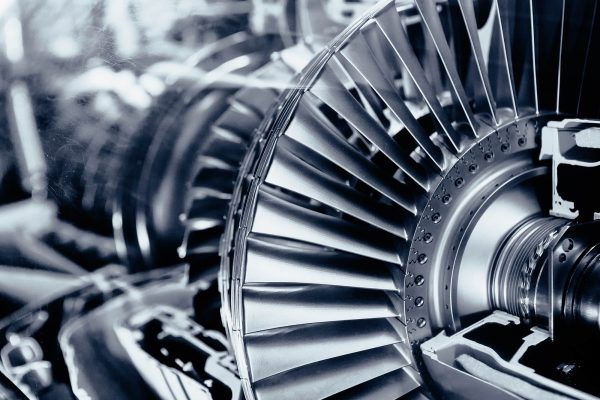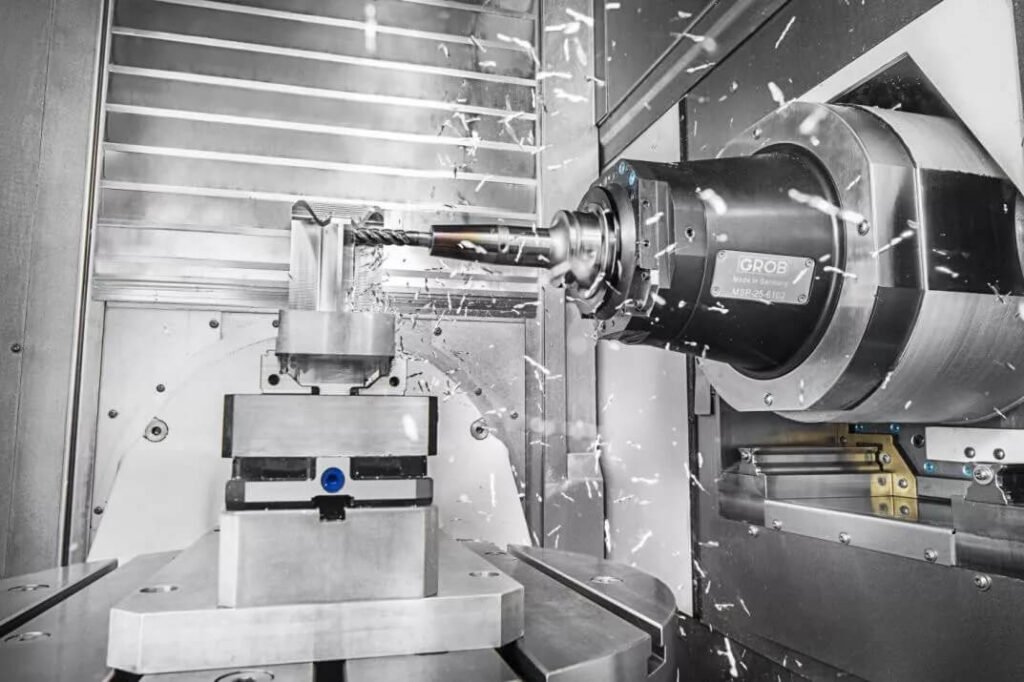Precision Machining
Aluminum precision machining is now essential in modern aerospace production. Strong, light, exact components are needed in the aerospace sector. Particularly when matched with precise machine technologies, aluminum is among the most excellent materials to satisfy these criteria.
This blog will examine the main advantages of employing aluminum precision machining in the aerospace sector. Whether you’re a manufacturer, engineer, or simply curious about aeronautical technology, this article will clarify why aluminum is so frequently used.
-
Featherweight and Tough
The excellent strength-per-weight ratio of aluminum material is a key factor attributed to its widespread usage in the aerospace industry. Aircraft have to be light in order to fly efficiently, use up less gasoline, and carry more payload or people.
Aluminum is approximately three times lighter than steel and still gives good strength. Engineering polished aluminum parts enables the products to perform at a high level using aluminum that is precisely machined, replacing heavier materials. This would make it ideal for supports and housings as well as part-like brackets.
-
Anti-Corrosion Resistance
Aluminum, too, has a skinny layer of oxide, which acts as a protective covering against rusting and degradation. This is highly crucial in the aerospace industry, where the elements are exposed to severe environments such as high levels of humidity, rain, and fluctuating temperatures.
The present capability to machine aluminum accurately enhances this benefit and, therefore, corrosion resistance because the metal can be finished into clean, smooth surfaces where moisture does not tend to accumulate. More often, pole treatments or anodizing can be carried out to enhance protection exponentially.
-
Great machinability
Aluminum is also effortless to machine, and this also contributes to its attractiveness. It can be produced at a higher rate, can be cut cleanly, and tools do not wear quickly in comparison with higher-strength materials. This reduces the cost of production and minimizes the turnaround times.
Aerospace manufacturers value time and accuracy a lot. The machinability of aluminum enables the manufacture of tight-tolerance parts of complex forms, threads, and other features commonly required in aerospace applications.
-
Strong thermal & electrical conductance
Some aviation parts have to either conduct power well or handle heat. Both benefit from aluminum. It offers excellent thermal conductivity, which helps stop overheating in electronic devices or engines. Its electrical conductivity also helps it to be beneficial in components that need dependable current flow and in wiring. Ams Vietnam specializes in sourcing high-quality aluminum components for such critical aviation applications.
High-quality parts that work well even under severe operating circumstances result when these features are combined with exact machining.

-
Compatibility with Advanced CNC Technology
Often created with CNC (Computer Numerical Control) machines, contemporary aerospace components are often used. Extreme accuracy, repeatability, and efficiency are provided by these machines. Due to its softness and consistent behavior under cutting tools, aluminum is particularly suited for CNC machining.
Aluminum lets producers create highly detailed, complex components like engine mounts, gear housings, and airframe parts with very little waste, whether it be 3-axis or 5-axis CNC milling.
-
Production Expense Effective
Aluminum’s lower cost than titanium or other special alloys makes it a cost-effective material for small and large production runs. Because it machines quickly and easily, the cost of labor and tool wear is also less.
Aluminum precision machining is a wise option for aerospace firms aiming to cut expenses without compromising quality.
-
Has high aerospace specs
The aerospace industry is a highly regulated industry that applies a strict level of standards regarding the safety, reliability, and performance because they meet these requirements, and, at the same time, their mechanical properties are also better.
When precision machining is used to machine these aerospace-grade aluminum alloys, the end products are reliable and continually due to the invariable quality that has passed all mandatory tests and checks.
-
Recycling and Sustenance
Sustainability is gaining more importance in the manufacture of aerospace. Recycling of aluminum can be done entirely without reducing its qualities. Using recycled aluminum reduces the environmental cost and energy.
Precision machining also leads to the generation of less waste, mainly when used in combination with the technologies of CNC, which make the most out of the material. This makes aluminum an excellent option for companies that make an effort to reduce their carbon footprint.

Final Thoughts
Precision machining of aluminum is a disruptor of the aerospace world. It has good strength coupled with lightweight, masculinity, good corrosion resistance, and is highly machinable. With the help of advanced CNC Milling Services, manufacturers can achieve the tight tolerances and complex geometries required for aerospace components. As demonstrated in commercial jets, satellites, or military projects, aluminum is still one of the most preferred materials.
More accurate, trustworthy manufactured parts will be required with the improvement of technology, and aluminum is bound to fulfill the requirement.
Let’s stay connected! Catch more Information on the Facebook page
FAQs
- Aerospace properties of aluminum: Why does aluminum find application in aerospace components?
Make its use possible due to its being feather-light, high tensile, alloyed against rust, and easily machined.
- Precision machining, what is it?
Precision machining presupposes cutting of metal parts to the desired shapes and tolerances by means of CNC systems.
- Is aluminum a very wasteful machining material?
Not usually. Precision machining is very accurate with minimum wastage.
- Is it possible to recycle aluminum?
Yes, aluminum can be recycled one hundred percent, and also maintains its properties after recycling.
- Are Aerospace Aluminum machined?
That is correct; provided that they are manufactured to standards such as AS9100 and FAA rules, they are aerospace-safe.
